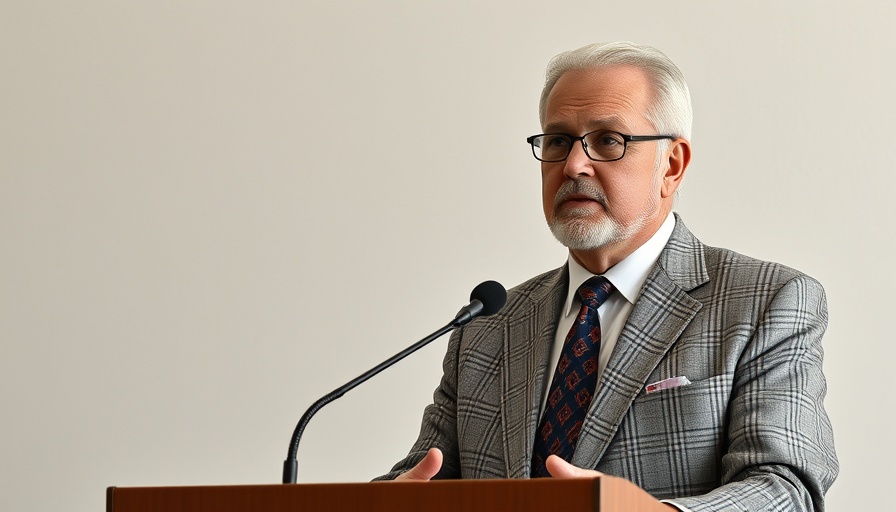
The Shocking Arrest of the Former Rector: What Happened
In a twist that has sent shockwaves through the Seventh-day Adventist (SDA) community, the former rector of the Polish Advent of Theology and Humanities has been arrested amid an ongoing corruption investigation connected to a diploma mill operation. The allegations center around a scheme that reportedly involved awarding degrees in exchange for payment, thereby compromising the integrity of educational standards. This scandal raises serious questions about academic legitimacy and the ethical responsibilities of educational leaders.
A Deeper Look into the Diploma Mill Scam
The term 'diploma mill' refers to unaccredited institutions that grant degrees with little to no academic requirements. Such establishments are often seen as a threat to the integrity of legitimate educational institutions. The allegations against the former rector outline a troubling pattern where individuals could obtain degrees without the rigorous academic scrutiny usually associated with higher education. The impact of such operations can undermine both the reputation of individual graduates and the institutions that they represent.
Response from the Adventist Community
The SDA community is particularly concerned about the implications of this scandal. Educational institutions play a crucial role in promoting ethical values and moral integrity. Members of the faith community have expressed disappointment, highlighting the importance of transparency and accountability in leadership roles. Many are calling for a thorough investigation not only into the former rector's actions but also into the oversight mechanisms in place at religious educational institutions.
Historical Context: The Value of Education in the SDA Faith
For the Seventh-day Adventist faith, education has always been paramount—not just as a means to acquire knowledge, but as a way to foster spiritual growth and community integrity. The Adventist philosophy emphasizes the holistic development of individuals, aligning education with values. This scandal disrupts the narrative that education within the faith community is synonymous with trust and moral standards.
Future Implications for Religious Educational Institutions
As this investigation unfolds, it's critical for other religious educational institutions to reflect on their practices. How can they safeguard against potential abuses of power? Strengthening academic policies and oversight may not only protect institutional integrity but also restore confidence among the community members and prospective students.
What Can the Community Do?
In light of this scandal, the community is encouraged to remain vigilant. Attending local church meetings, voicing opinions, and engaging in discussions about the values that should underpin educational practices can create a more transparent environment. Additionally, supporting reforms that emphasize ethical standards in education could help prevent similar incidents in the future.
Concluding Thoughts: The Importance of Integrity
This incident serves as a stark reminder of the importance of integrity in leadership roles, especially within faith-based organizations. Ensuring that educational institutions remain bastions of ethical practice is essential not only for the reputation of the church but also for the spiritual and academic development of its members. As the investigation continues, the SDA community must rally for accountability and a reaffirmed dedication to educational excellence.
 Add Row
Add Row  Add
Add 




 Add Row
Add Row  Add
Add 


Write A Comment